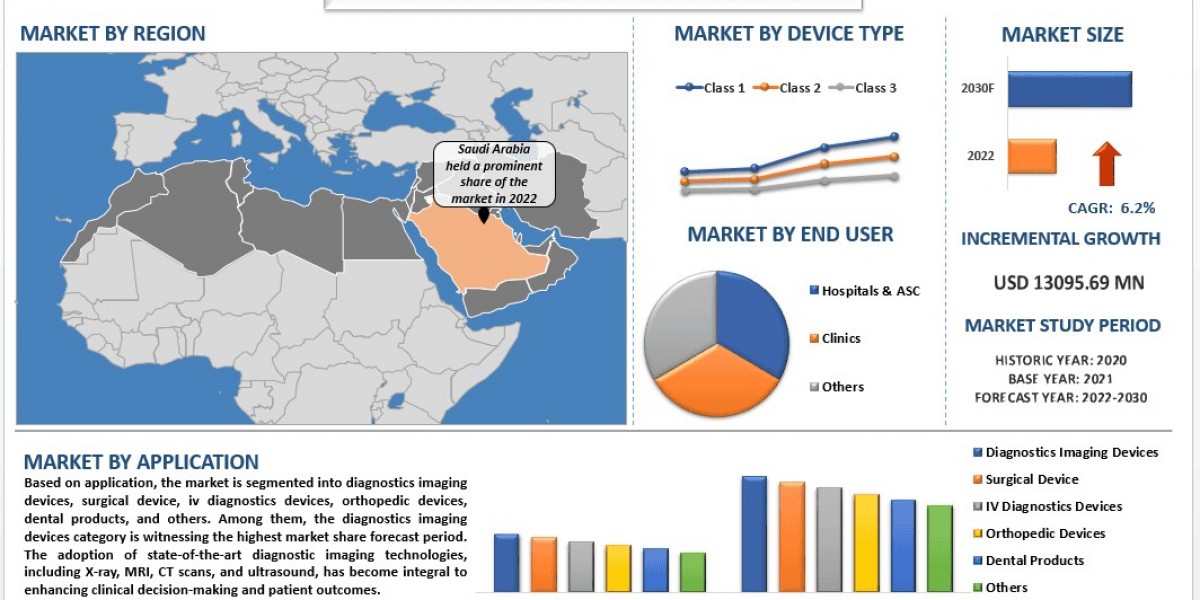The financial health of a medical practice is just as important as patient care. In states like Texas and New York , where healthcare demand is high and payer regulations are complex, clinics often face challenges with billing accuracy, compliance, and revenue recovery.
Medical billing in Texas and New York clinics goes beyond simple claims submission—it involves understanding payer-specific requirements, managing denials, handling patient responsibility, and keeping up with both state and federal compliance standards.
Why Medical Billing Matters
Medical billing ensures that providers are reimbursed for the care they deliver. Without accurate and efficient billing, clinics risk:
Delayed payments that disrupt cash flow.
Claim denials due to coding or documentation errors.
Compliance issues that could result in fines.
Patient dissatisfaction from unclear billing practices.
Efficient billing means more time for physicians to focus on patient care while ensuring financial stability for the clinic.
Medical Billing in Texas Clinics
Healthcare Landscape in Texas
Texas is home to over 30 million residents , with a mix of urban healthcare systems and rural clinics. The state also has one of the highest uninsured rates in the country, making medical billing particularly challenging.
Key Challenges for Texas Clinics
High uninsured population – Many patients pay out-of-pocket, requiring strong collection processes.
Telehealth growth – Texas has rapidly expanded telehealth, creating new billing and coding demands.
Diverse payer mix – Providers deal with Medicaid, Medicare, and private payers, each with unique rules.
Rural billing issues – Smaller clinics often lack the resources for dedicated billing teams.
Opportunities in Texas
Expanding telemedicine billing services for rural patients.
Outsourcing billing to experts who specialize in Medicaid and self-pay collections.
Medical Billing in New York Clinics
Healthcare Landscape in New York
New York has one of the most complex and regulated healthcare systems in the US With millions enrolled in Medicaid and managed care plans, accurate billing is critical to avoid compliance violations.
Key Challenges for New York Clinics
Strict regulations – NY Medicaid requires precise coding and documentation.
Specialty billing demands – Oncology, cardiology, and behavioral health billing require detailed compliance.
High patient deductibles – Providers must manage large patient balances.
Insurance complexity – Multiple payers like Empire BlueCross and Fidelis Care have specific billing rules.
Opportunities in New York
Specialized meidcal billing services in New York and Texas for oncology, mental health, and cardiology practices.
Using advanced revenue cycle management systems to reduce denials.
Comparing Texas New York Medical Billing
| Aspect | Texas Clinics | New York Clinics |
|---|---|---|
| Uninsured Rate | Higher | Lower, but Medicaid-heavy |
| Regulatory Environment | Moderate | Very strict |
| Telehealth Adoption | Expanding fast | Strong adoption |
| Collections Challenge | More self-pay | High deductibles |
| Payer Mix | Medicaid + private insurance | Medicaid, Medicare, managed care |
Revenue Cycle Management (RCM) for Clinics
Whether in Texas or New York, a strong RCM process is essential:
Eligibility Verification – Confirm coverage before service.
Accurate Coding – Apply CPT, ICD-10, and HCPCS codes correctly.
Claims Submission – Submit clean claims to avoid delays.
Denial Management – Track and appeal denied claims.
Patient Billing Collections – Offer payment plans and transparent statements.
Benefits of Outsourcing Medical Billing
Both Texas and New York clinics are turning to outsourcing for billing and RCM support.
Advantages include:
Compliance expertise.
Lower denial rates.
Improved revenue cycle.
Reduced administrative burden.
Scalable solutions for both small practices and large clinics.
Case Study Examples
Texas Family Practice – Improved telehealth reimbursement by 30% with outsourced billing.
New York Oncology Group – Reduced claim denials and recovered $500,000 annually with specialized medical billing services in Texas and New York support.
Future of Medical Billing in Texas New York
AI-driven billing systems will reduce errors.
Patient-centered billing models will improve collections.
Value-based care billing will become more common.
Specialty-specific outsourcing will continue to grow.
Conclusion
Medical billing in Texas and New York clinics is complex but manageable with the right strategies. Texas providers face unique challenges with uninsured patients and telehealth billing, while New York clinics must navigate strict regulations and specialty care billing.
By leveraging outsourced billing services, advanced RCM systems, and compliance expertise , clinics in both states can optimize reimbursements, reduce denials, and focus on delivering quality patient care.









